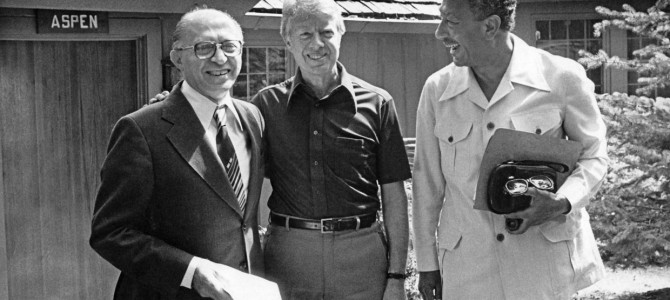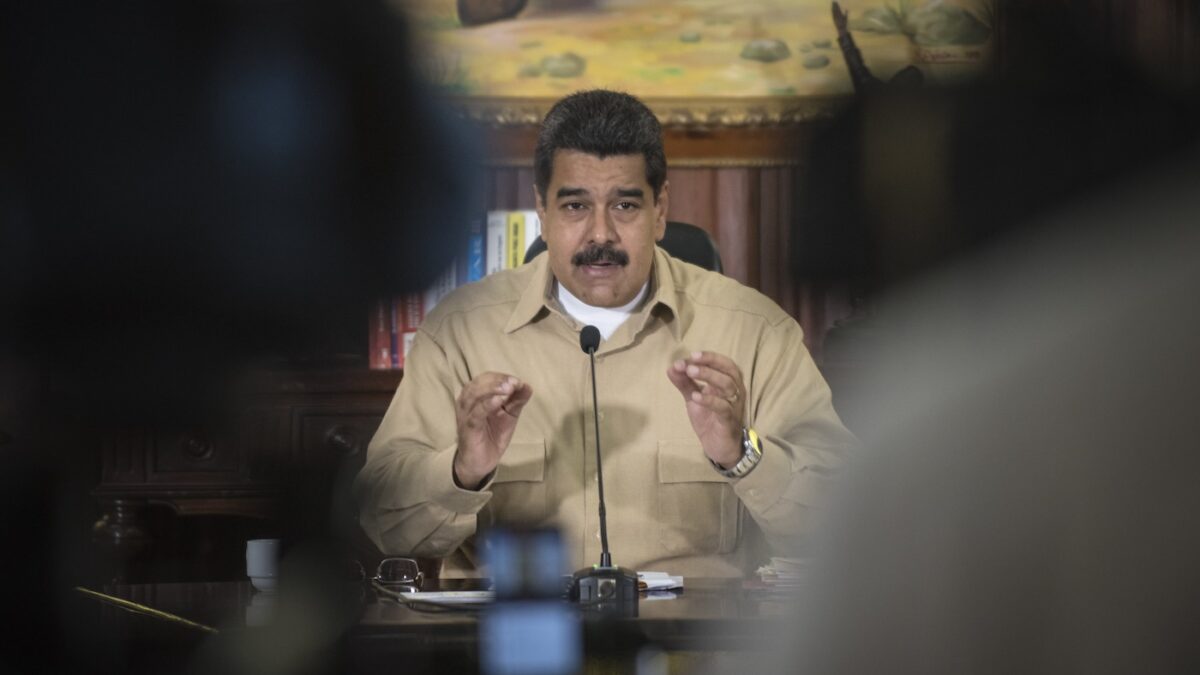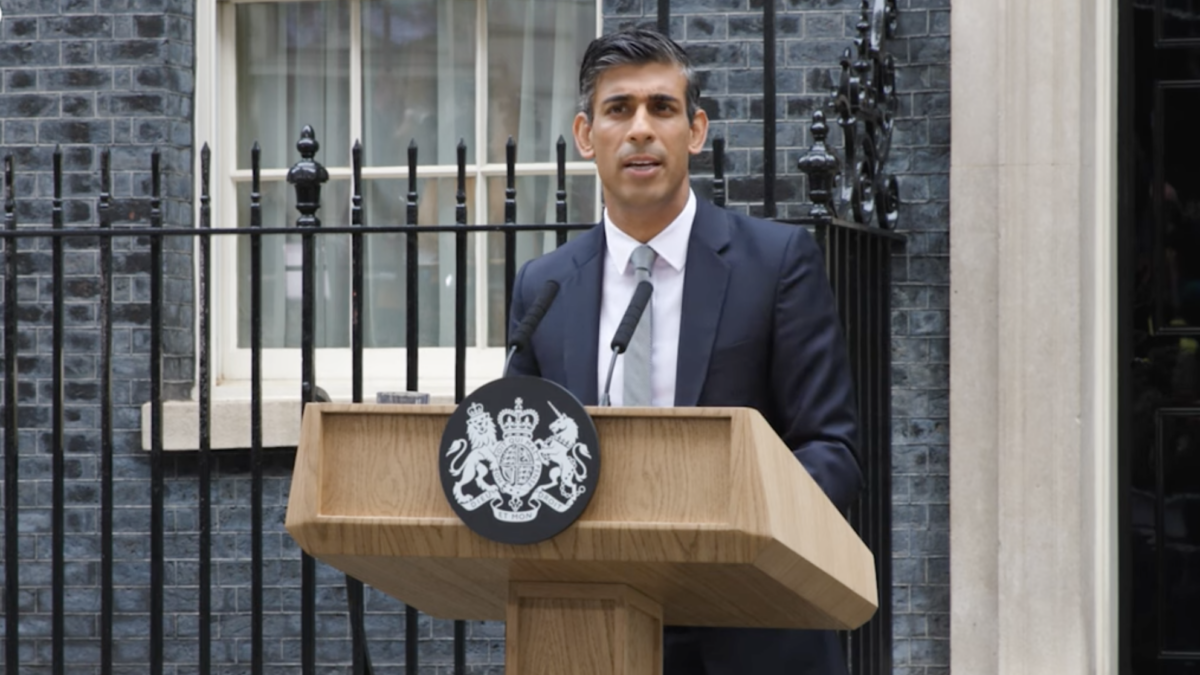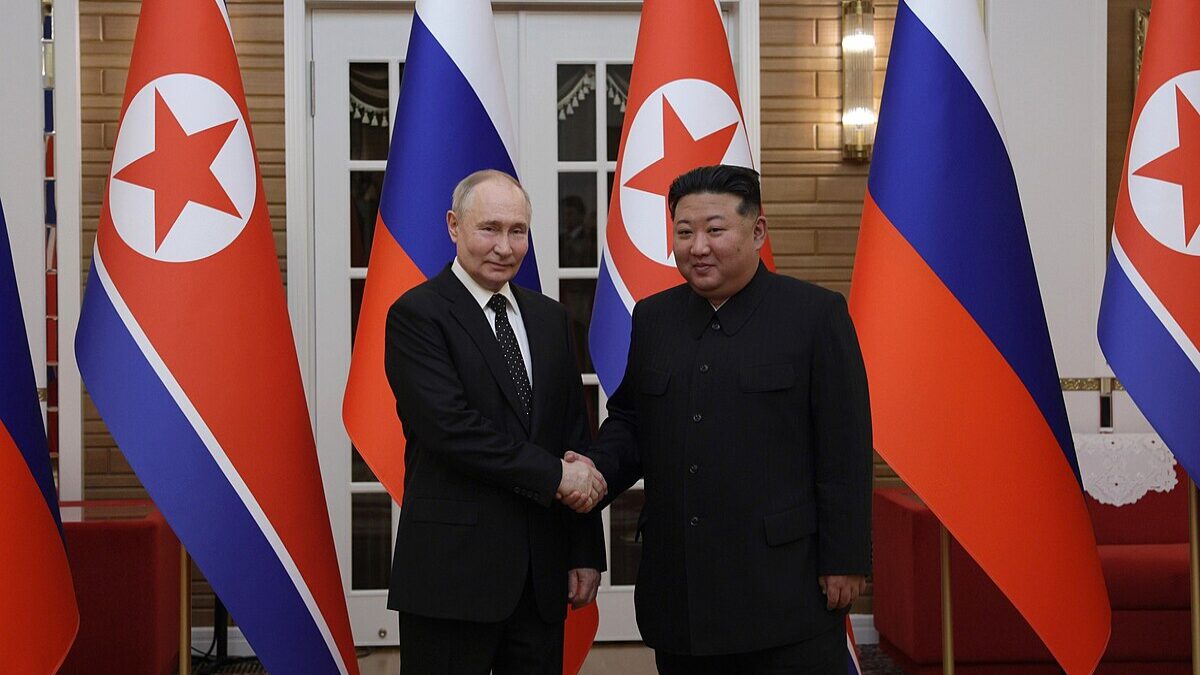Jimmy Carter’s new book, “A Full Life: Reflections at 90” is a breezy and predictable reminiscence of the 39th president’s life, from his rural Georgia upbringing to his post-presidential charitable work. You should take it out of the library. I can’t admit to reading every word, but I did have a particular interest in the parts focusing on Carter’s perception of his own presidency. And, as you might have guessed, according to Jimmy Carter Jimmy Carter is one of the dynamic and indispensable leaders this country has ever known.
One chapter that might catch the attention of a curious reader is titled “Issues Mostly Resolved.” So what issues were solved during the Jimmy Carter years? Well, “Human Rights and Latin America,” “The Hostage Crisis, and the Final Year,” “Hungarian Crown,” “China,” and yes, “Middle East Peace.” Good to know that he put that one to bed.
Carter claims that during his 1976 campaign, many voters were seeking assurances about his good will towards Israel. It’s then, says Carter, that he “became increasingly interested in bringing permanent peace to Israel and its neighbors.” The subsequent subchapter not only offers an absurd framing of the Middle East conflict in the late 70s, but it’s built upon a complete myth. Carter claims to have single handily convinced a reluctant and fascistic Menachem Begin to come to terms with kind-hearted and amenable Anwar Sadat. It took that Carter personal touch.
One weekend when our family was enjoying Camp David, Rosalynn suggested that this would be an ideal place for negotiating teams to benefit from the privacy and quiet atmosphere. I agreed with her and sent handwritten invitations to Begin and Sadat in August 1978 to join me for comprehensive peace talks. They both accepted.
Carter expediently skips one historic event that puts his handwritten notes into some perspective.
In 1977, during an interview with CBS, Sadat mentioned that if he were ever presented with a proper invitation from Jerusalem he would visit without any preconditions. This was, in the context of history, a courageous thing to do. At a time when no Arab country had diplomatic ties with Israel much less recognized its existence. Begin—who Carter’s paints as a warmonger—immediately presented Sadat with a formal invitation to address the Knesset through the American Embassy in Cairo. The Knesset—with only a handful of opposition votes—overwhelmingly approved the invitation. The Carter Administration had nothing to do with it.
Here is what The Washington Post had to say at the time:
In Washington, the Carter administration, which until today had played no role in helping arrange what had been an almost unthinkable meeting, appeared to be dramatically revising upward its opinion of the event’s importance.
The peace deal fell into Jimmy Carter’s lap. The United States provided the financial backing to make the arrangement possible, but the idea that Carter precipitated the peace is preposterous. Since he left office, Carter has given his own backing to all brands of terrorist, dictator and tyranny. It is one of the most embarrassing post presidencies in American history. Concocting a legacy that isn’t won’t help.









